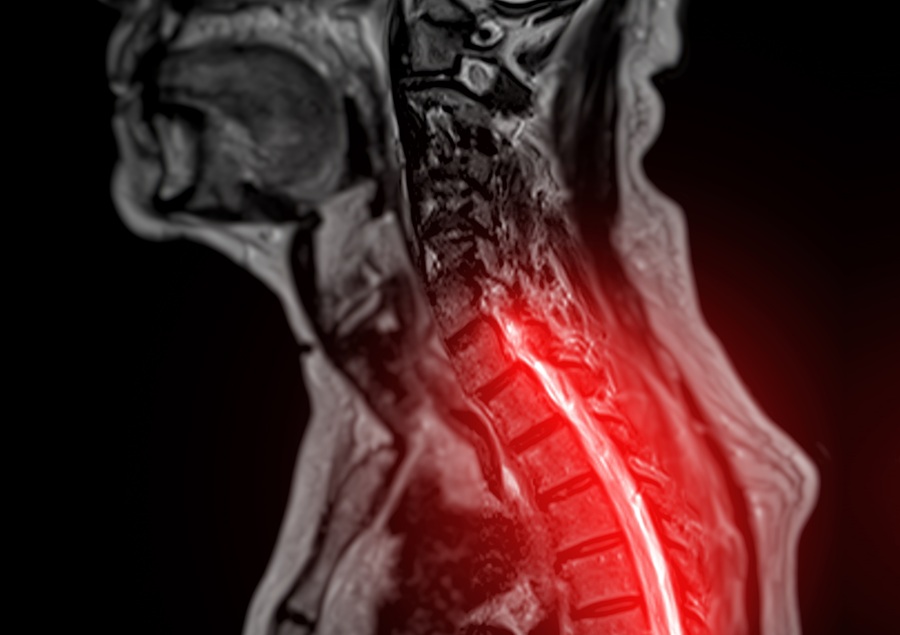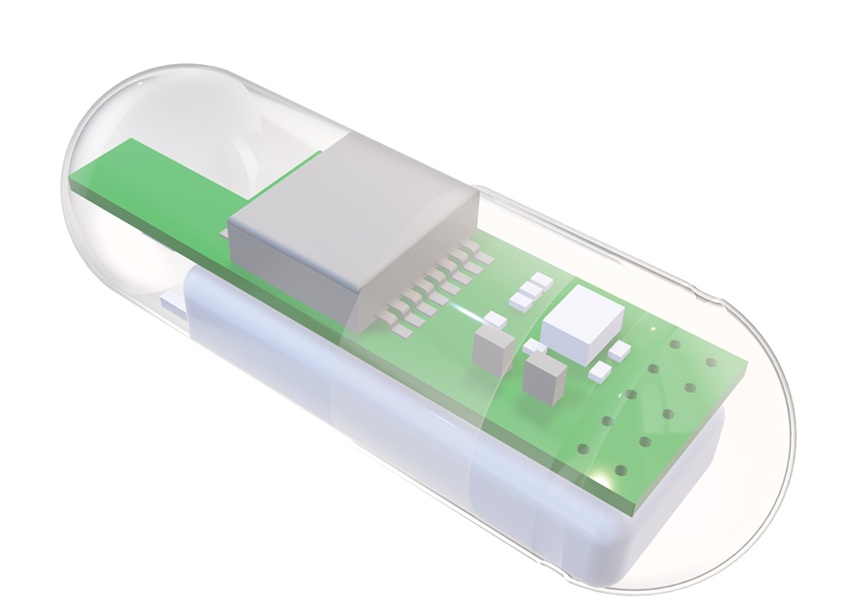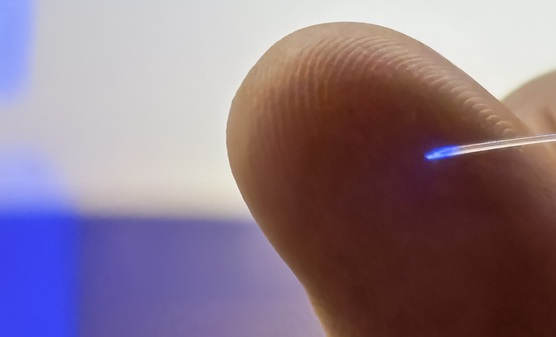UPS Makes Enhancements to Support Medical Device Industry
|
By HospiMedica International staff writers Posted on 30 Jul 2014 |
UPS (Atlanta, GA, USA) has announced it has developed a healthcare-compliant network of field stocking locations (FSLs) to reduce delivery time of medical device shipments and enhance inventory visibility.
The network includes 36 healthcare-capable FSLs strategically located to support time-sensitive distribution and efficient warehousing of products, providing access to over 80% of US hospital beds within four hours. The facilities will operate under guidance of the UPS quality assurance and compliance program, and will feature temperature-controlled environments and same-day delivery services. These features will enable medical device manufacturers and field sales representatives to provide best-in-class service to their customers and better manage their inventories.
The planned network marks the latest in a series of recent expansions to UPS's healthcare compliant network, which in addition to the 36 FSLs also includes 46 healthcare dedicated and compliant warehousing and distribution facilities worldwide, as well as a full suite of UPS temperature-sensitive transportation and risk mitigation solutions. The UPS healthcare facilities also help manufacturers ensure regulatory compliance, protect high-value and temperature-sensitive products, and speed distribution to end providers.
“Due to an increasingly complex regulatory environment and significant cost pressures, medical device manufacturers are looking to the supply chain to lower costs through inventory reduction and enhanced visibility,” said John Menna, vice president of global healthcare strategy at UPS. “Based on our experience in healthcare distribution and utilizing UPS's industry-leading global FSL network, we have created a tailored inventory management and distribution solution to meet the unique needs of medical device manufacturers.”
The UPS FSL network includes more than 950 locations globally, and has been in operation since 1995. The network is utilized by multiple industries including high-tech, telecommunications, and aerospace, industrial, automotive, and nonregulated medical device manufacturers.
Related Links:
UPS
The network includes 36 healthcare-capable FSLs strategically located to support time-sensitive distribution and efficient warehousing of products, providing access to over 80% of US hospital beds within four hours. The facilities will operate under guidance of the UPS quality assurance and compliance program, and will feature temperature-controlled environments and same-day delivery services. These features will enable medical device manufacturers and field sales representatives to provide best-in-class service to their customers and better manage their inventories.
The planned network marks the latest in a series of recent expansions to UPS's healthcare compliant network, which in addition to the 36 FSLs also includes 46 healthcare dedicated and compliant warehousing and distribution facilities worldwide, as well as a full suite of UPS temperature-sensitive transportation and risk mitigation solutions. The UPS healthcare facilities also help manufacturers ensure regulatory compliance, protect high-value and temperature-sensitive products, and speed distribution to end providers.
“Due to an increasingly complex regulatory environment and significant cost pressures, medical device manufacturers are looking to the supply chain to lower costs through inventory reduction and enhanced visibility,” said John Menna, vice president of global healthcare strategy at UPS. “Based on our experience in healthcare distribution and utilizing UPS's industry-leading global FSL network, we have created a tailored inventory management and distribution solution to meet the unique needs of medical device manufacturers.”
The UPS FSL network includes more than 950 locations globally, and has been in operation since 1995. The network is utilized by multiple industries including high-tech, telecommunications, and aerospace, industrial, automotive, and nonregulated medical device manufacturers.
Related Links:
UPS
Latest Business News
- Medtronic to Acquire Coronary Artery Medtech Company CathWorks
- Medtronic and Mindray Expand Strategic Partnership to Ambulatory Surgery Centers in the U.S.
- FDA Clearance Expands Robotic Options for Minimally Invasive Heart Surgery
- WHX in Dubai (formerly Arab Health) to debut specialised Biotech & Life Sciences Zone as sector growth accelerates globally
- WHX in Dubai (formerly Arab Health) to bring together key UAE government entities during the groundbreaking 2026 edition
- Interoperability Push Fuels Surge in Healthcare IT Market
- Philips and Masimo Partner to Advance Patient Monitoring Measurement Technologies
- B. Braun Acquires Digital Microsurgery Company True Digital Surgery
- CMEF 2025 to Promote Holistic and High-Quality Development of Medical and Health Industry
- Bayer and Broad Institute Extend Research Collaboration to Develop New Cardiovascular Therapies
- Medtronic Partners with Corsano to Expand Acute Care & Monitoring Portfolio in Europe
- Expanded Collaboration to Transform OR Technology Through AI and Automation
- Becton Dickinson to Spin Out Biosciences and Diagnostic Solutions Business
- Boston Scientific Acquires Medical Device Company SoniVie
- 2026 World Hospital Congress to be Held in Seoul
- Teleflex to Acquire BIOTRONIK’s Vascular Intervention Business
Channels
Artificial Intelligence
view channelCritical Care
view channel
AI Model Could Help Diagnose Spinal Cord Disease Up To 30 Months Earlier
Cervical spondylotic myelopathy (CSM) is the leading cause of spinal cord dysfunction in older adults and occurs when arthritis in the neck compresses the spinal cord. The condition is chronic and progressive,... Read more
3D-Printed Swallowable Robot Could Perform Gastrointestinal Procedures
Advances in medical technology are enabling the development of tiny robots capable of moving safely inside the human body. These systems hold promise for simplifying complex procedures, including delicate... Read moreSurgical Techniques
view channel
Brain Implant Records Neural Signals and Delivers Precise Medication
Neurological diseases such as epilepsy involve complex interactions across multiple layers of the brain, yet current implants can typically stimulate or record activity from only a single point.... Read moreAI-Based OCT Image Analysis Identifies High-Risk Plaques in Coronary Arteries
Lipid-rich plaques inside coronary arteries are strongly associated with heart attacks and other major cardiac events. While optical coherence tomography (OCT) provides detailed images of vessel structure... Read moreNeural Device Regrows Surrounding Skull After Brain Implantation
Placing electronic implants on the brain typically requires removing a portion of the skull, creating challenges for long-term access and safe closure. Current methods often involve temporarily replacing the skull or securing metal plates, which can lead to complications such as skin erosion and additional surgeries.... Read morePatient Care
view channel
Revolutionary Automatic IV-Line Flushing Device to Enhance Infusion Care
More than 80% of in-hospital patients receive intravenous (IV) therapy. Every dose of IV medicine delivered in a small volume (<250 mL) infusion bag should be followed by subsequent flushing to ensure... Read more
VR Training Tool Combats Contamination of Portable Medical Equipment
Healthcare-associated infections (HAIs) impact one in every 31 patients, cause nearly 100,000 deaths each year, and cost USD 28.4 billion in direct medical expenses. Notably, up to 75% of these infections... Read more
Portable Biosensor Platform to Reduce Hospital-Acquired Infections
Approximately 4 million patients in the European Union acquire healthcare-associated infections (HAIs) or nosocomial infections each year, with around 37,000 deaths directly resulting from these infections,... Read moreFirst-Of-Its-Kind Portable Germicidal Light Technology Disinfects High-Touch Clinical Surfaces in Seconds
Reducing healthcare-acquired infections (HAIs) remains a pressing issue within global healthcare systems. In the United States alone, 1.7 million patients contract HAIs annually, leading to approximately... Read moreHealth IT
view channel
EMR-Based Tool Predicts Graft Failure After Kidney Transplant
Kidney transplantation offers patients with end-stage kidney disease longer survival and better quality of life than dialysis, yet graft failure remains a major challenge. Although a successful transplant... Read more
















